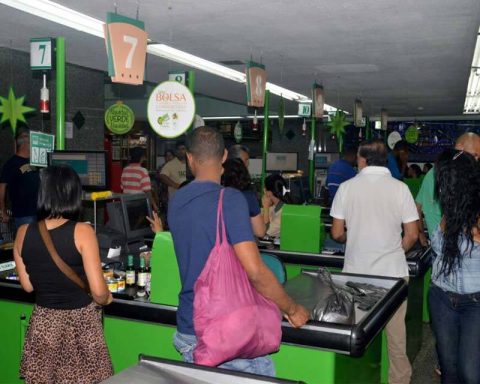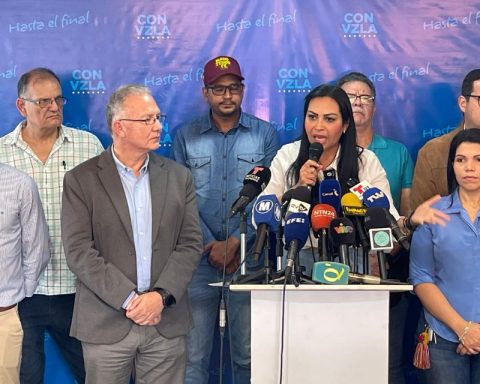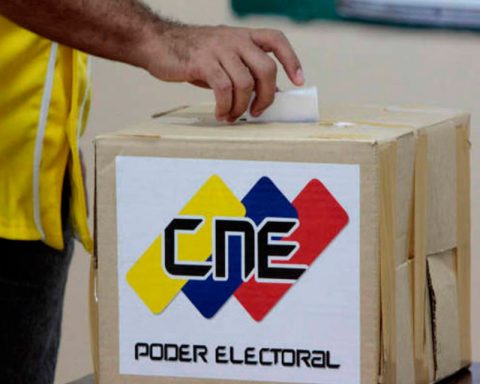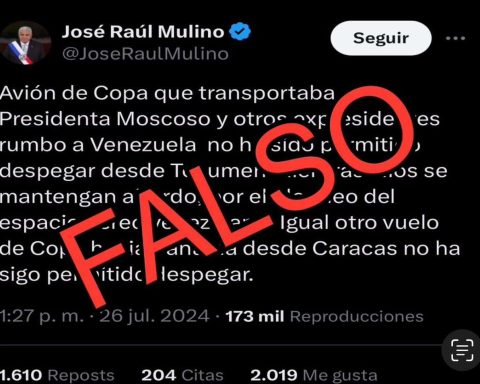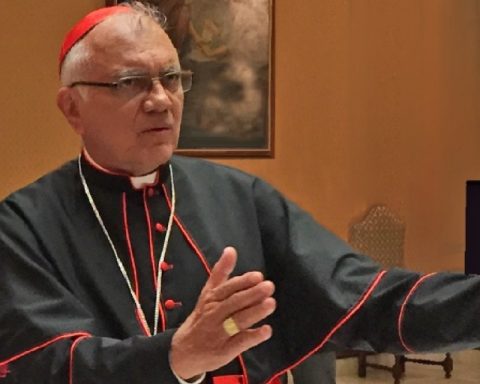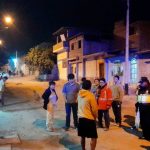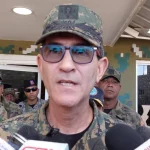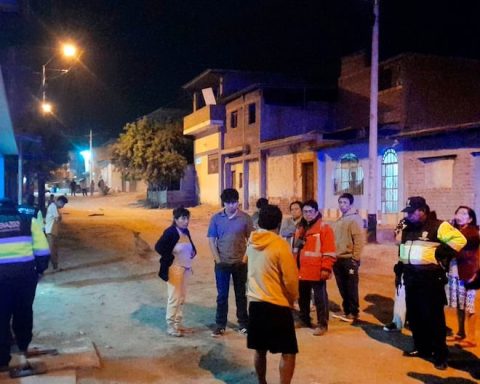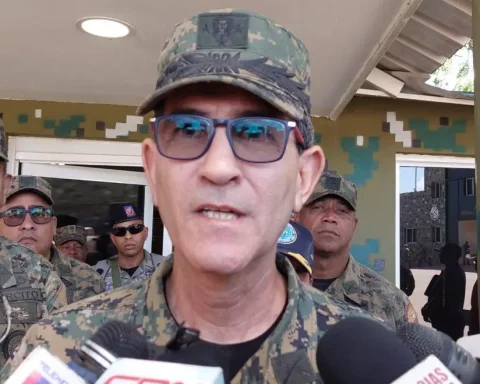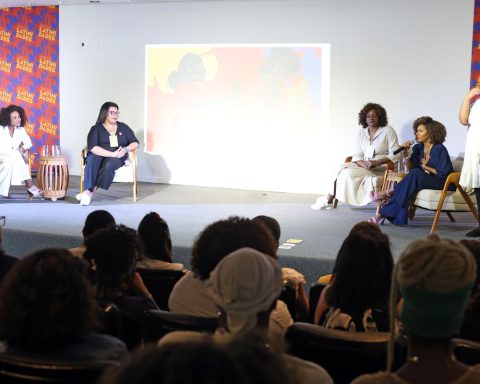The Public Ministry requested to open a trial for 22 people detained in the framework of the Anti-Corruption operation initiated by the justice system on March 17.
On that date, 81 arrest warrants were issued, of which 61 materialized, corresponding to the same number of people, allegedly involved in acts of corruption detected in the Judiciary, city halls, as well as the state companies PDVSA, Corporación Venezolana de Guayana (CVG) and Cartones de Venezuela (Cartoven).
The largest number of detainees come from or are linked to the oil industry, which total 41, according to figures offered on different occasions by the prosecutor, Tarek William Saab.
Of those 61 deprived of liberty, the Public Ministry concluded the investigation regarding 22: 13 businessmen and nine public officials.
The 22 worked segmented into three groups that agreed to embezzle PDVSA, according to the investigation by the Public Ministry substantiated with inputs prepared by the National Anti-Corruption Police.
That embezzlement amounts to $5,550,544,290.74, according to the data provided by the Prosecutor’s Office in the document filed before the 2nd Special Court of Control of Caracas with jurisdiction over Corruption and Associated Crimes to request the trial against the 22.
The Prosecutor’s Office says in the accusatory document to which we had access that these 22 people participated in “a corruption network made up of public officials, who, using their position and their levels of authority, proceeded to carry out parallel oil operations, through the assignment of crude oil cargoes (vessels) by PDVSA to the National Superintendency of Cryptoactives (Sunacrip) and to individuals, without any type of control.”
The fruit of the sales of that assigned oil did not enter the Republic but was diverted through crypto assets and businesses executed by 74 mercantile companies.
As head of this corruption network, the Prosecutor’s Office places Colonel José Antonio Pérez Suárez, vice president of the state oil company and who ordered the construction of an office “irregularly in PDVSA-La Campiña.”
The office was called the Special Work Unit, from where Yamil Alejandro Martínez Núñez and Heinrich Chapellín Biundo dispatched, “handling classified information from PDVSA without being personnel attached to the payroll, where access was also restricted with a security system where only these citizens could enter, also handling large sums of cash and it was the space where meetings with this group of financial operators were held,” says the Prosecutor’s Office.
The Public Ministry details with name and surname who were part of that corruption network and for which it requests that a trial be opened.
Among them are Joselit Ramírez (former head of Sunacrip), José Agustín Ramos Chirinos (president of PDVSA-Puertos), Odoardo José Bordones, Jesús Enrique Salazar Querales, officials attached to the Vice Presidency of Commerce and Supply.
Similarly, the Prosecutor’s Office requests to prosecute Rajiv Mosqueda and Renny Barrientos, both attached to Sunacrip.
These officials operated jointly with businessmen Manuel Meneces, Roger Ramírez, Juan Manuel Alfonso López, Rafael Perdomo, Vicente Perdomo, Roger Perdomo, Daniel Prieto, Kristhonfer Vivas, Johana Torres, Alejandro Arroyo, Bernardo Arosio, Ximena Parada, Fernando Bermúdez, Eduardo Noriega, José Luis Fernandiz Laya, Railín Elizabeth Yépez Jaimes, Rodolfo Moleiro, Alejandro Londoño , Olvany Gaspari, Leonardo Enrique Torres and Yuravic del Valle Ravelo.
The officials who worked with Pérez Suárez did not report the payments for the assignment of service stations and crude oil loads to the Pdvsa accounts. On the contrary, “the managing companies reconciled directly at the addresses in charge of these defendants, through bank deposits, the Patria platform (subsidized and comprehensive) and cash. In the same way, this citizen (Pérez Suárez) authorized the issuance of payments to contractors without making the proper registration in the SAP System, thus allowing third parties to appropriate resources from the Venezuelan State”, says the Public Ministry.
The Gifts of the Train
Deputy Hugbel Roa is another of those mentioned in the indictment filed by the Public Ministry before the corresponding court.
Roa acted as an intermediary between businessmen and Pérez Suárez, according to the Prosecutor’s Office.
In another document, the Prosecutor’s Office requested to prosecute Cristóbal Cornieles and José Maxcimino Márquez García, former president of the Caracas Criminal Judicial Circuit and former 4th anti-terrorist judge. Both are accused of obtaining gifts for favoring the release issued in favor of Oswaldo Cheremos, listed as a partner of the Tren del Llano.
